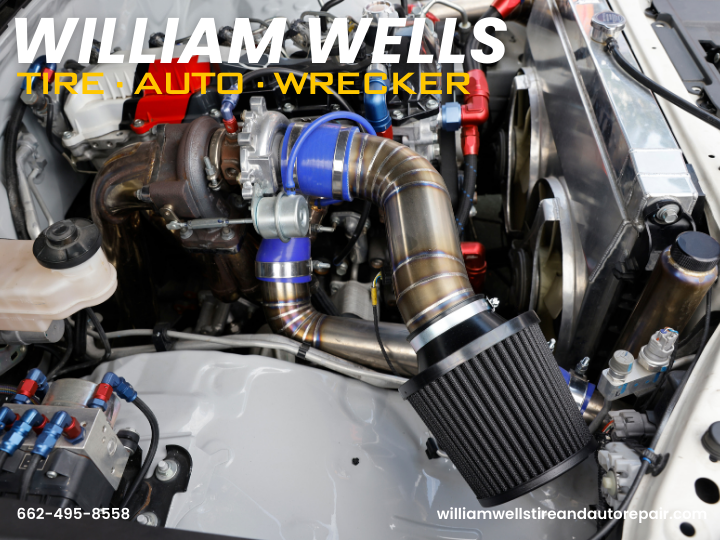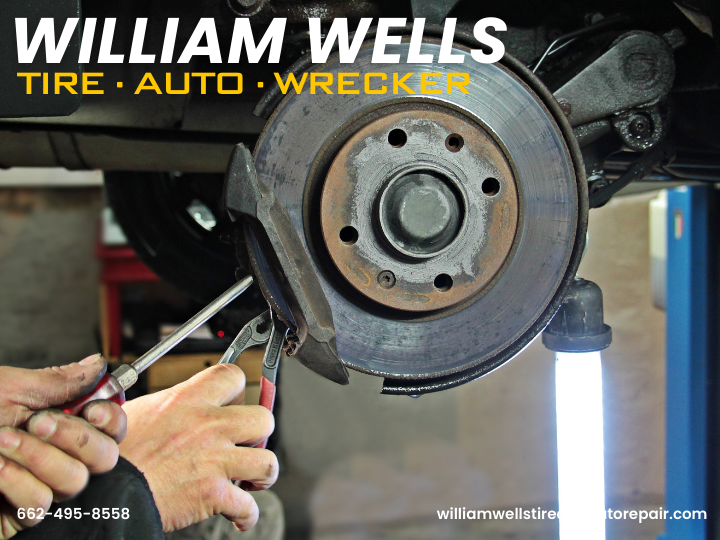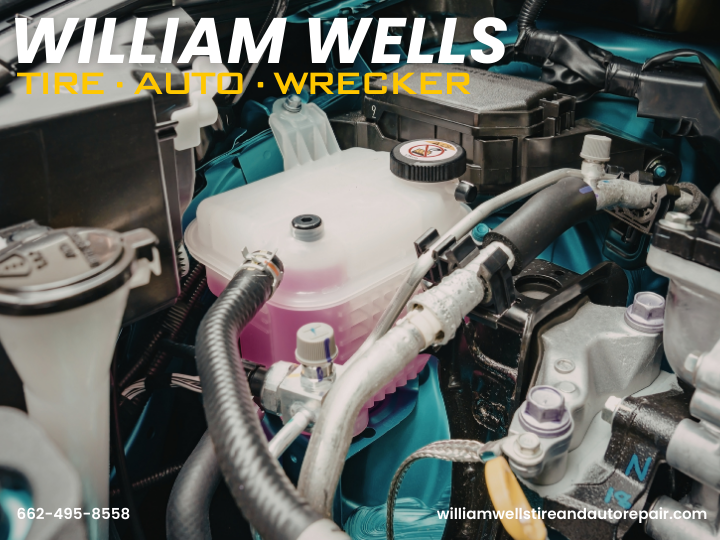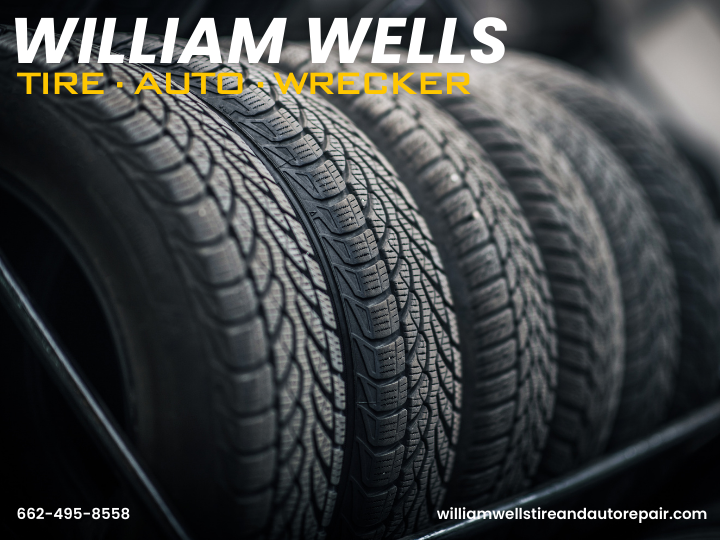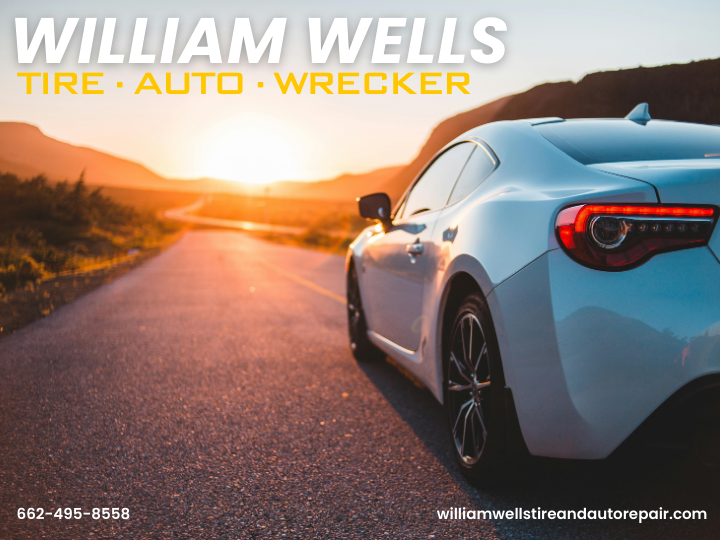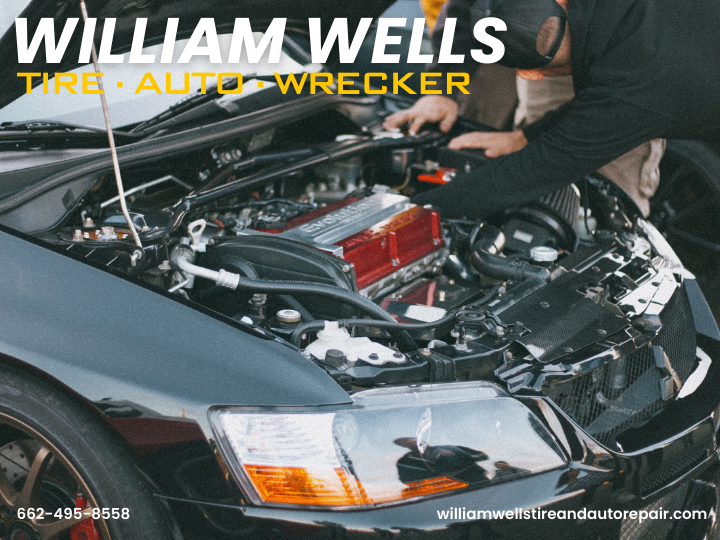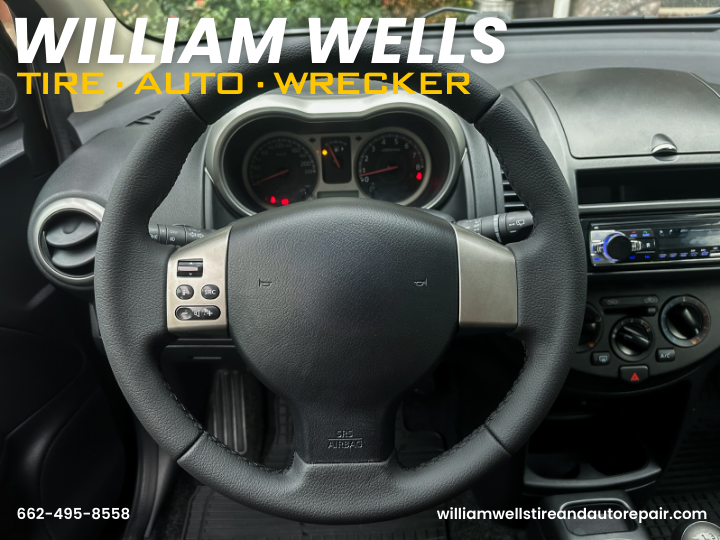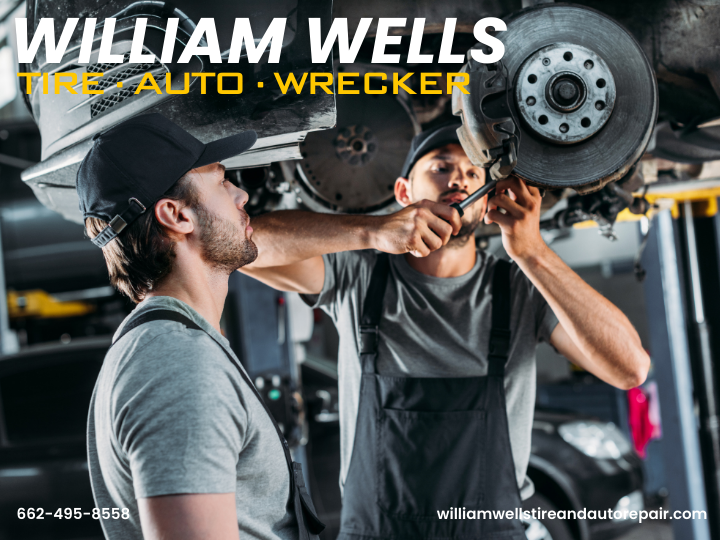Tire noise might seem like a minor annoyance, but over time it can turn a peaceful drive into a frustrating experience—especially on long trips or in quiet electric vehicles. That’s why tire manufacturers invest significant research and technology into reducing road noise. It’s not just about comfort, either. Quieter tires can also mean less driver fatigue and a more refined feel overall.
So how exactly are tires designed to keep things quiet? Let’s take a look at the science and engineering that goes into building a quieter ride.
Tread Pattern and Pitch Variation
One of the biggest contributors to tire noise is the tread pattern. As the tire rolls over the pavement, air gets trapped and released between the tread blocks and the road surface, producing sound. If the pattern is too repetitive or symmetrical, it creates a consistent and noticeable hum.
To combat this, manufacturers use pitch variation—a technique that changes the size and spacing of the tread blocks in a seemingly random pattern. This breaks up the sound frequencies, making the tire quieter overall. The result is more like white noise, which is less noticeable inside the cabin.
Directional tread designs and asymmetrical patterns also help control how sound waves travel through the tire structure and out into the air.
Rubber Compounds and Material Choices
The type of rubber used in a tire affects more than just grip and longevity—it also influences how much vibration is transferred from the road to the vehicle. Softer rubber compounds tend to absorb more road vibration, reducing the amount of noise that makes it into the cabin.
Some high-end or touring tires incorporate specialized sound-absorbing materials inside the tire, like polyurethane foam liners. These liners help deaden the sound produced as the tire compresses and rebounds against the road, especially on rough or uneven surfaces.
This is particularly useful in luxury and electric vehicles, where quiet interiors make tire noise more noticeable.
Sidewall Design and Construction
Sidewalls aren’t just for style—they also play a role in how noise and vibration are handled. Thicker, reinforced sidewalls can help dampen vibrations that would otherwise travel through the suspension and into the cabin.
Some tires are designed with extra cushioning or flexible compounds in the sidewall area to further reduce vibration and absorb harsh road surfaces. These features are common in grand touring tires and premium all-season models, which prioritize comfort and quietness alongside handling.
Narrower Grooves and Optimized Void Ratios
The void ratio—the space between the tread blocks—impacts how air flows through the tire’s contact patch. Tires with narrower grooves and a lower void ratio tend to trap less air and produce less noise. These designs still provide grip and water evacuation, but they do so with less disruption to airflow.
On the flip side, tires with aggressive tread for off-road or winter use usually have wider voids and blockier designs, which create more noise by design. That’s why quiet tires are often found in highway or touring categories rather than performance or all-terrain models.
Testing and Computer Modeling
Tire manufacturers use sophisticated acoustic modeling and real-world testing to fine-tune noise levels before a tire ever hits the market. Engineers simulate how sound waves travel through various tire designs and use on-road testing with sensitive microphones inside the cabin to measure actual noise levels.
This data-driven approach allows manufacturers to target specific frequency ranges and adjust tread patterns, compounds, and structural elements to reduce the sounds that drivers notice most.
Tire Maintenance Helps Reduce The Noise
Even the quietest tires can become noisy if they’re worn unevenly, underinflated, or misaligned. Regular tire maintenance—like rotating them, checking alignment, and keeping them properly inflated—plays a huge role in preserving ride comfort.
Cupping, feathering, and flat spots can all cause vibrations and road noise, even on high-end, low-noise tires. If your tires have become noticeably louder over time, it might be a sign that something else needs attention.
William Wells Tire & Auto – Tire Experts in Columbus, West Point & Starkville, MS
If you’re looking for quieter, more comfortable tires—or just want to make sure your current ones are in top shape—visit
William Wells Tire & Auto in Columbus, West Point, or Starkville, MS. We’ll help you find the right tire for your driving style and ensure your suspension and alignment aren’t making things louder than they need to be.


